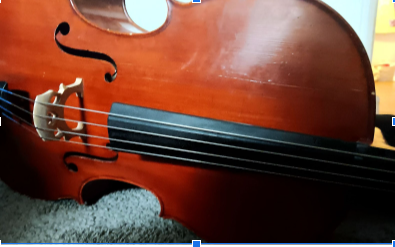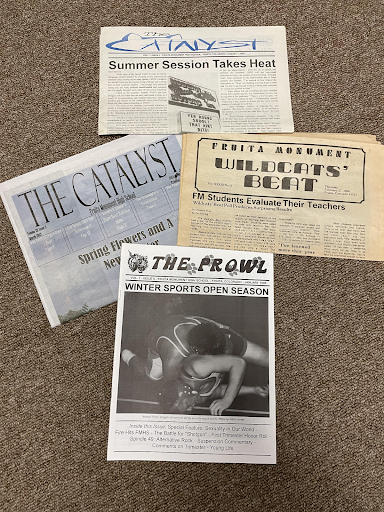A conductor waves their hands, cueing different instruments, creating a tempo, and leading a symphony. The violins lead a quiet melody, while the cellos and violas provide a soft background before giving way to a clarinet solo, providing a noise both pleasant and relaxing.
Most musicians and many people can agree that music is an important part of life, giving the ability to express feelings through the use of the loud and soft notes that improve overall social and emotional well-being. Playing a musical instrument can benefit cognitive functions, such as improving memory. According to the Northwest School of Music, researchers have found that playing an instrument can increase verbal memory and memory power because it involves using both sides of the brain. Within both of those hemispheres, different sections of the brain are enhanced. It creates complete sensory input, joining senses like hearing, touch, and vision, creating a stronger brain.
Physically playing music can also build new relationships, finding others who play the same instrument or simply working together to create a beautiful symphony. Whether in a band, symphony orchestra, or a symphony, music can bring people together. “I feel like orchestra allows students a place to belong and provides a space for people to come together and create music and express themselves,” said Rachel Lavadie, the FMHS orchestra teacher.
What if that’s not all there is to it? Playing instruments to create music can provide a lot of things to our brain and wellbeing, but physically creating music is not for everyone.
However, according to a John Hopkins Medicine study, just listening to music can reduce anxiety, blood pressure and even pain. Mentally, it can improve mood, mental alertness, and memory. It can also challenge the brain as a new, unfamiliar song plays due to the brain trying to process the new sound. Listening to music –such as a favorite song, releases dopamine, improving mood and reducing anxiety, while doing many other things for the body and mind. Not only that, but like playing instruments, it can build connections; bringing people that have similar tastes in music together.
Music provides us motivation throughout the day’s various activities. It can create relaxing environments, both calming us and hyping us up. “It’s an outlet for us,” said math teacher Ray Rutkowski.
Music can be viewed as an essential part of life, allowing for the development of relationships, improving cognitive functions, and even creating personal expression and cultural identity. While playing a musical instrument can do many of these things, so can simply listening to music. As stated by Confucius, “Music provides a kind of pleasure which human nature cannot do without.”




